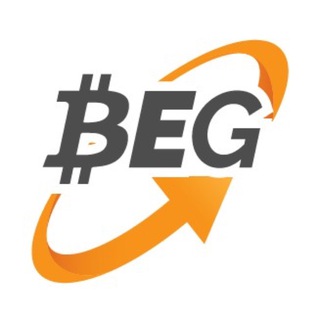Gary Gensler, the Chairman of the top US regulator, gave remarks before the European Parliament Committee on Economic and Monetary Affairs this week, where he also commented on crypto assets. Talking about the $2.1 trillion asset class that has “no borders or boundaries” and operates 24 hours a day, 7 days a week, the Securities and Exchange Commission (SEC) Chair said, “this innovation has been and could continue to be a catalyst for change in the fields of finance and money.” Gensler reiterated that he is technology-neutral but not public policy-neutral, noting financial innovations need to work within public policy frameworks to thrive. His focus has been on two areas, one crypto trading and lending platforms because the bulk of the market takes place on them, notwithstanding centralized or decentralized. In DeFi, crypto platforms provide direct access to millions of investors without any broker, he said. The absence of clear investor protection obligations means “the investing public is left vulnerable,” he said, adding,
“Unfortunately, this asset class has been rife with fraud, scams, and abuse in certain applications.”
The second area that has his focus is the centrality of stablecoins such as Facebook’s Diem. He also pointed to the $116 billion stablecoin market, which is embedded in crypto trading and lending platforms.
“Thus, the use of stablecoins on these platforms may facilitate those seeking to sidestep a host of public policy goals connected to our traditional banking and financial system: anti-money laundering, sanctions, and more.”
During his remarks, besides crypto, Gensler also commented on the proliferation of trading apps, wealth management apps, and robo-advisers that bring increased efficiencies in finance and greater access but may also encourage investors to trade more often. Here, he said that predictive analytics and other digital engagement practices (DEPs) are used to increase platform revenues, data collection, and customer engagement, leading to potential conflicts between the platform and investors. Gensler also discussed the need for climate risk disclosure requirements along with human capital and board diversity and cybersecurity risk governance disclosures.
 bitcoinexchangeguide.com
bitcoinexchangeguide.com